Moana (2016)
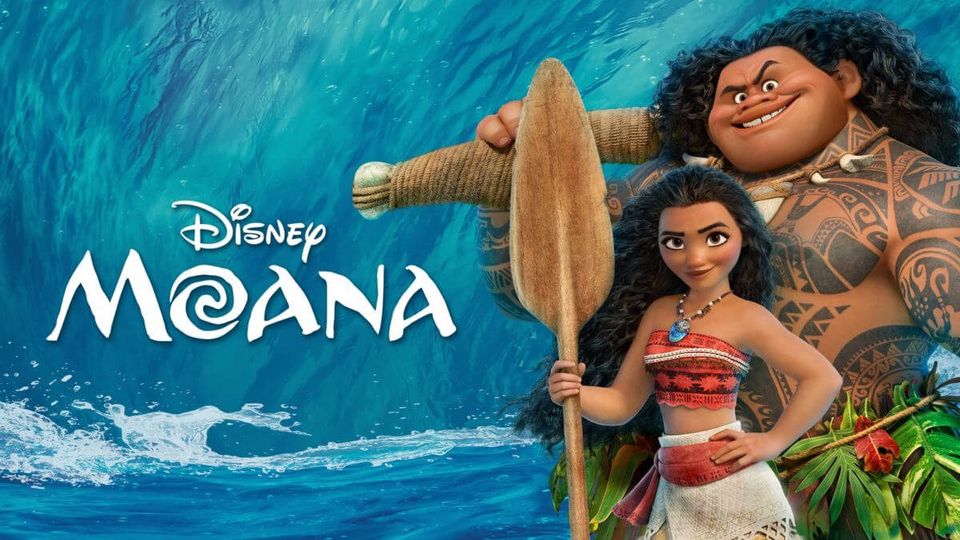
“Moana,” released in 2016, is a captivating animated musical film produced by Walt Disney Animation Studios and distributed by Walt Disney Pictures. As the 56th film in the esteemed Disney canon, “Moana” weaves a tale of adventure, self-discovery, and cultural heritage, all set against the breathtaking backdrop of the Polynesian islands.
The story centers around Moana, a spirited and determined young girl voiced by Auli’i Cravalho. She is the daughter of the chief of the island of Motunui and feels an undeniable calling to the ocean, despite her father’s wishes for her to stay on land and become the future leader of their tribe. The film beautifully explores Moana’s internal struggle as she grapples with her responsibilities to her family and her desire to explore the world beyond the horizon.
When the island faces a dire ecological crisis caused by the theft of the heart of Te Fiti, the goddess of creation, Moana is chosen by the ocean to restore the heart and save her people. This pivotal moment marks the beginning of her epic journey. Moana sets sail across the vast ocean, determined to find the demigod Maui, portrayed by Dwayne Johnson, who initially refuses to help her. Maui is a larger-than-life character with a complex personality, showcasing both humor and vulnerability.
The dynamic between Moana and Maui is one of the film’s highlights. Their relationship evolves from reluctant allies to close friends as they face numerous challenges together, including monstrous creatures and treacherous waters. Maui’s character is rich with depth, representing the theme of redemption as he learns to embrace his true self, shedding his insecurities and past mistakes along the way.
Visually, “Moana” is a feast for the eyes. The animation is stunning, capturing the vibrant colors and natural beauty of the Polynesian islands. The ocean is depicted as a living entity, filled with rich textures and life, which serves as both a backdrop and a character in its own right. The film’s artistic style pays homage to the culture it represents, incorporating traditional Polynesian motifs and storytelling techniques that honor the heritage of the islands.
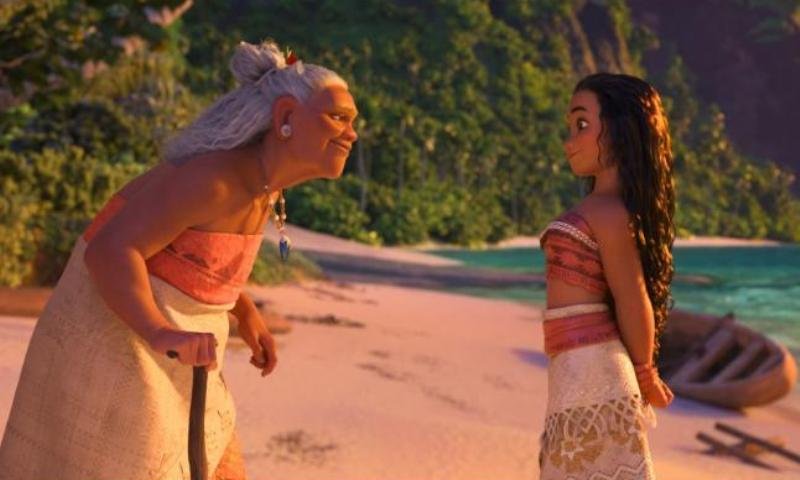
Music plays a crucial role in “Moana,” with a score composed by Lin-Manuel Miranda, Opetaia Foa’i, and Mark Mancina. The songs are infectious and memorable, driving the narrative forward and enhancing the emotional impact of the story. The standout track, “How Far I’ll Go,” encapsulates Moana’s yearning for adventure and her journey of self-discovery, resonating with audiences of all ages. Each musical number not only entertains but also deepens our understanding of the characters’ motivations and dreams.
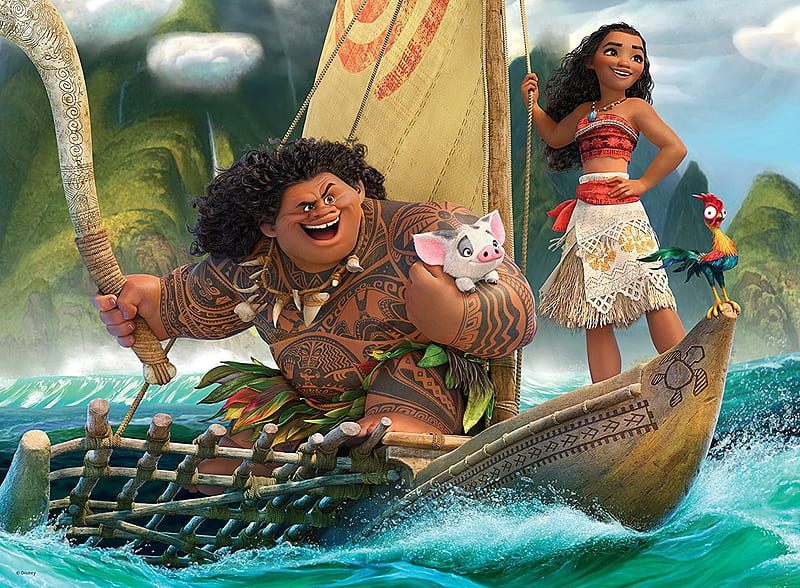
At its core, “Moana” is a story about courage, identity, and the importance of listening to one’s heart. Moana’s journey is a universal tale of growth, highlighting the significance of embracing one’s true calling and the strength that comes from following one’s passions. The film emphasizes the importance of understanding one’s roots while also being open to new experiences and adventures.
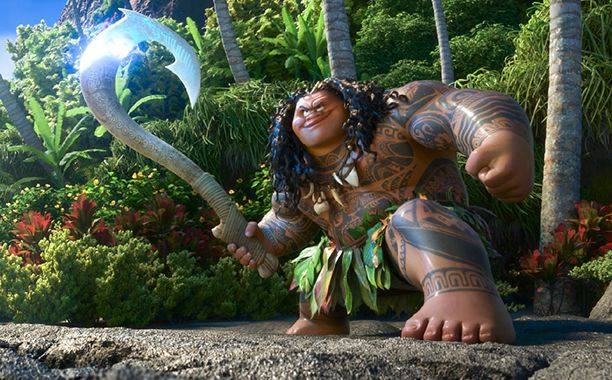
“Moana” also showcases the value of family and community. Throughout her journey, Moana is motivated by her love for her people and her desire to protect their way of life. This connection to her heritage is a powerful aspect of the film, illustrating how culture shapes identity and informs our choices.
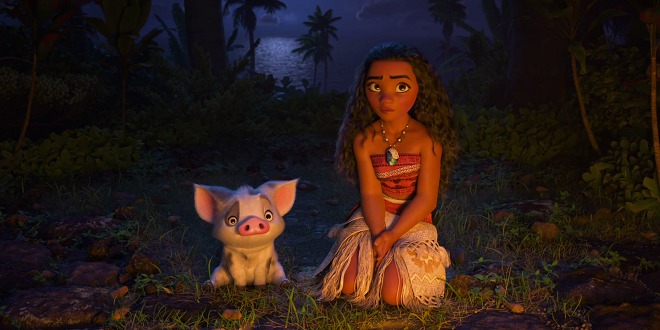
In conclusion, “Moana” stands out as a remarkable addition to the Disney legacy, combining stunning animation, unforgettable music, and a compelling story. It inspires viewers to embrace their individuality, pursue their dreams, and honor their heritage. Moana’s journey across the ocean is not just a physical adventure; it is a metaphorical voyage of self-discovery that resonates deeply with audiences, reminding us all that the path to finding ourselves often leads us back to our roots. Through its engaging narrative and rich cultural representation, “Moana” continues to captivate hearts and minds, solidifying its place as a modern classic in animated cinema.











